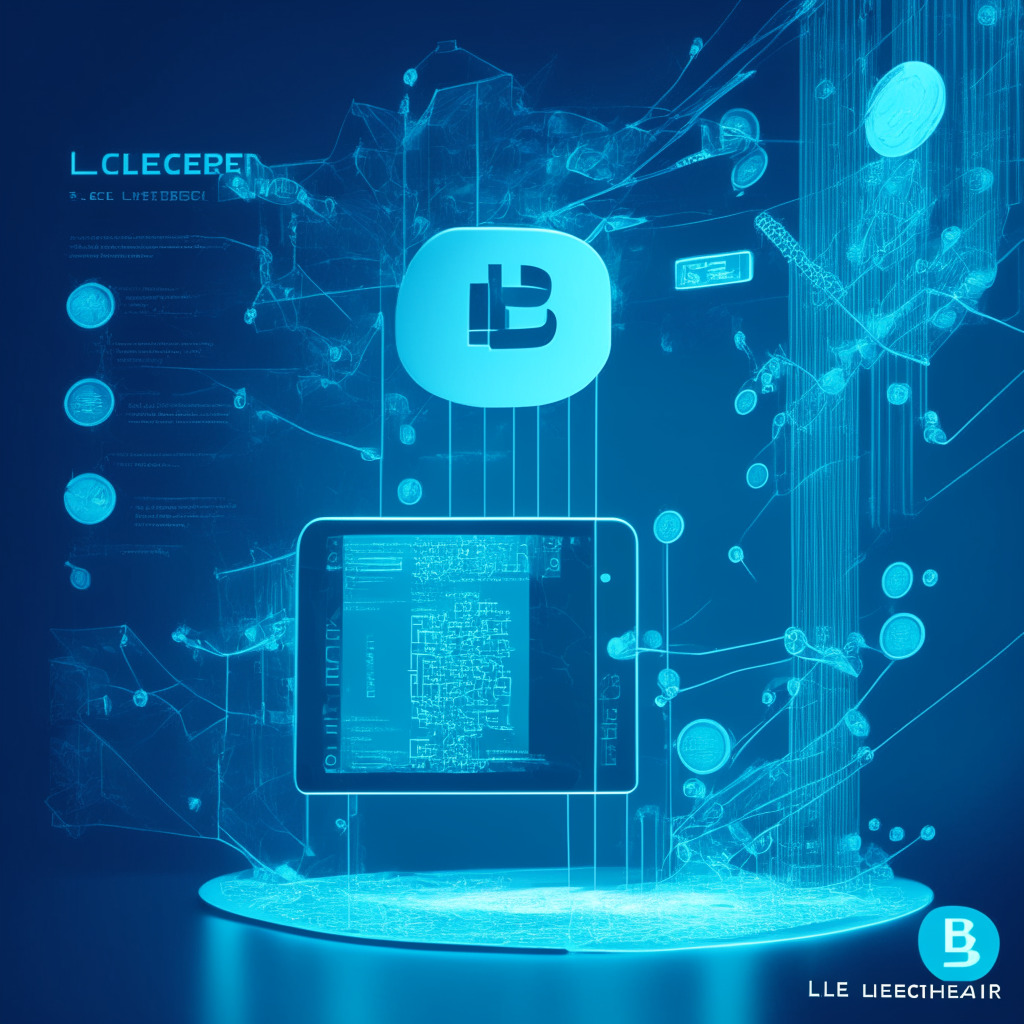In an intriguing development, hardware wallet producer Ledger has united its Ledger Live software with PayPal, opening up a new avenue for U.S.-based confirmed PayPal account holders to acquire digital assets directly through Ledger Live with no further verification process required.
The new service has been officially launched, allowing American users to purchase Bitcoin, Ether, Bitcoin Cash, and Litecoin directly through the Ledger Live platform. When a user purchases cryptocurrency via PayPal on Ledger Live, the coins are immediately transferred to the user’s wallet, eliminating the need for a separate “withdrawal” process.
This move adds PayPal to a growing list of Ledger’s partners which includes MoonPay, Transak, Ramp, Simplex, Loopipay, and Mercuryo. Interestingly, PayPal’s recent announcement about launching its stablecoin, PYUSD, isn’t mentioned among the coins to be available on Ledger Live initially.
This fusion of Ledger Live with PayPal is projected to offer a simpler route for crypto transactions while ensuring rigorous security. Pascal Gauthier, Ledger’s chairman and CEO, highlighted the dedication of both Ledger and PayPal to make these transactions as efficient and secure as possible, thereby facilitating an uncomplicated platform for user crypto transactions.
There exists a slight uncertainty surrounding Ledger following a bit of controversy in May related to its secret recovery phrase storage service which led to confusion among users. However, Ledger, one of the top hardware wallet manufacturers as it claims to have sold over 3 million Ledger Nano S hardware wallets since 2016, rectified the misunderstanding by clarifying the working mechanism of their wallet.
In the world of crypto that’s rapidly developing and expanding, integrating such platforms can bring greater convenience to users. While Ledger contends with the eyes of its users on it, PayPal asserts its intention of making the movement of money as simple, reliable, and affordable as possible. One can consider that these decision-makers in crypto are making significant strides, but the question remains if they’ll be able to perform seamlessly and securely in the real test, that is, when countless transactions are being processed every day. On another note, a wider acceptance of such integrations might lead to a more prominent role of cryptocurrencies in everyday transactions, consequently contributing to the worldwide adoption of digital assets.
Source: Cointelegraph




